Stakeholders in the telecommunication sector have disagreed with the Central Bank of Nigeria (CBN) on its new regulatory framework for mobile money services in Nigeria.
They said that mobile money services should be driven by telecommunication companies, as against what is prescribed by the CBN.
The apex bank in its recently released ‘Regulatory Framework for Mobile Money Services in Nigeria’, said there shall be only 2 models for the implementation of mobile money services in Nigeria; which are the bank-led, where a bank and/or its consortium will serve as the lead initiator; and the non-bank-led, where a corporate organisation duly licensed by the CBN will serve as the lead initiator.
The Chairman, Association of Licensed Telecommunication Operators of Nigeria (ALTON), Gbenga Adebayo, said that the new CBN models would slow down financial inclusion penetration, according to Punch.
What the Chairman of ALTON is saying
Adebayo said, “We think penetration will be slow. We are convinced that we are the industry with the ready infrastructure all over the country. If you talk about mobile penetration, use of mobile phones for financial service, the last mile is actually by the operators.
“The last mile to reach the people is by the operators. We are of the view that penetration would be slower than it should. We think the CBN should consider operators which are interested in offering these services.
“For the sake of speedy coverage and easy access, we are of the view that if operators are allowed to play well in that space, it will improve penetration and inclusion for more people.”
Adebayo said for rapid coverage and full inclusion, mobile operators would have to take the lead.
The CBN in the circular had said that the telcos will provide the infrastructure needed to drive the exchange of messages for mobile payments. Even though the CBN allows for a non-bank-led model, telcos are not to be considered.
What the Chairman of ATCON is saying
The Chairman, Association of Telecommunications Companies of Nigeria (ATCON), Ikechukwu Nnamani, urged the CBN to take a cue from the success of M-Pesa by Safaricom in Kenya.
Nnamani said, “The CBN has decided to go the route where telcos are not taking the lead. Following the most successful example of mobile money in Africa, which is the Safaricom M-Pesa experiment, we had believed that making it telco-led would lead to greater adoption because a lot of people are already on the telecom platform.
“Making it telecom-led would have led to faster adoption; today we have more telecom subscribers than people in the banking industry, but in CBN’s wisdom, they still feel it is better to keep making it bank-led. So, all we would do for now is see how to work together with the banking industry to make financial inclusion something that is very much available to Nigerians.”
He said the rate of adoption would depend on how the telecom industry and financial industry work together.
What you should know
The CBN recently released guidelines and regulatory framework for the operations of Mobile Money Services (MMS) in Nigeria in line with its mandate to drive financial inclusion across the country.
This follows the previous guidelines and regulatory framework issued in 2015.
Specifically, for MMS, the guidelines and regulatory framework focus on business rules governing the operation of mobile money services, roles of various participants and specific basic functions expected of any mobile money service and solution in Nigeria.
The Mobile Money Operators (MMOs) are to provide mobile money wallets, issue electronic money (E-money), acquire cards, manage, and recruit agents. The MMOs are not allowed to grant any form of loans, advances, and guarantees (directly or indirectly), accept foreign currency deposits, deal in the foreign exchange market except as prescribed, underwrite insurance and any other activities not set by the guidelines.
The guidelines have 2 defined models which include the Bank-led model, a model in which a bank, either alone or as part of a consortium of banks, aims to supply financial services through the mobile payments system and the non-bank model, which permits a corporate entity other than a bank that has been properly licensed by the CBN to provide mobile money services to users.





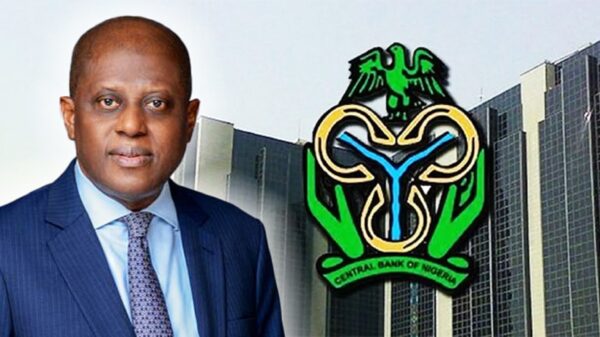
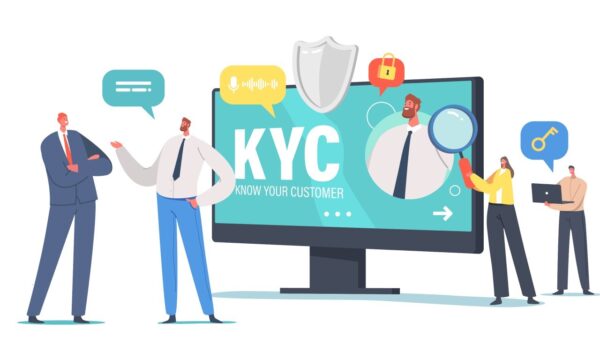





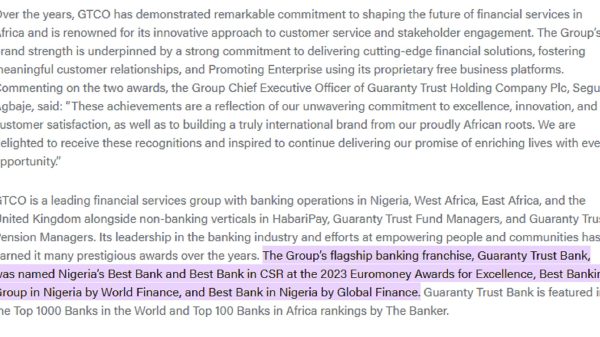



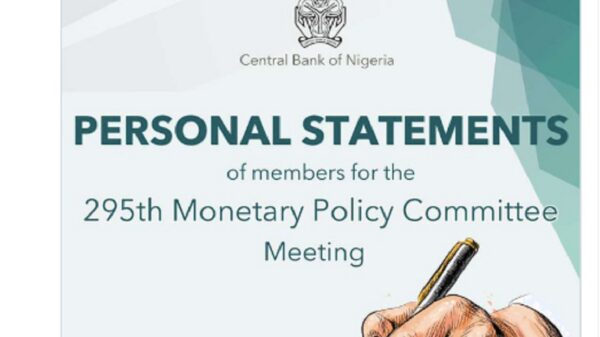



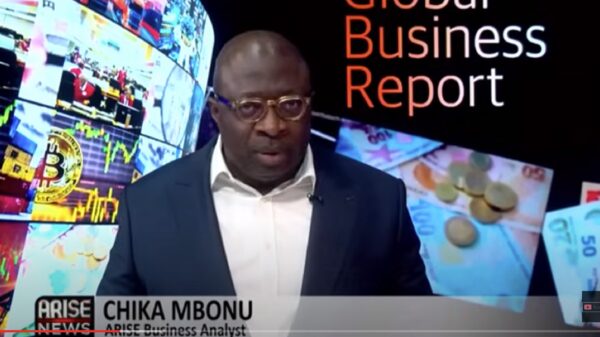




























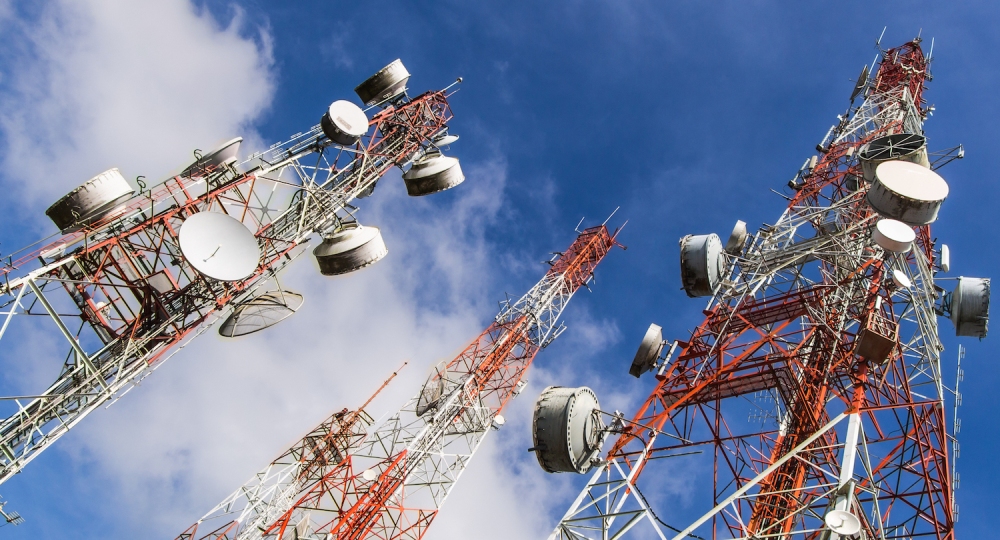
You must be logged in to post a comment Login